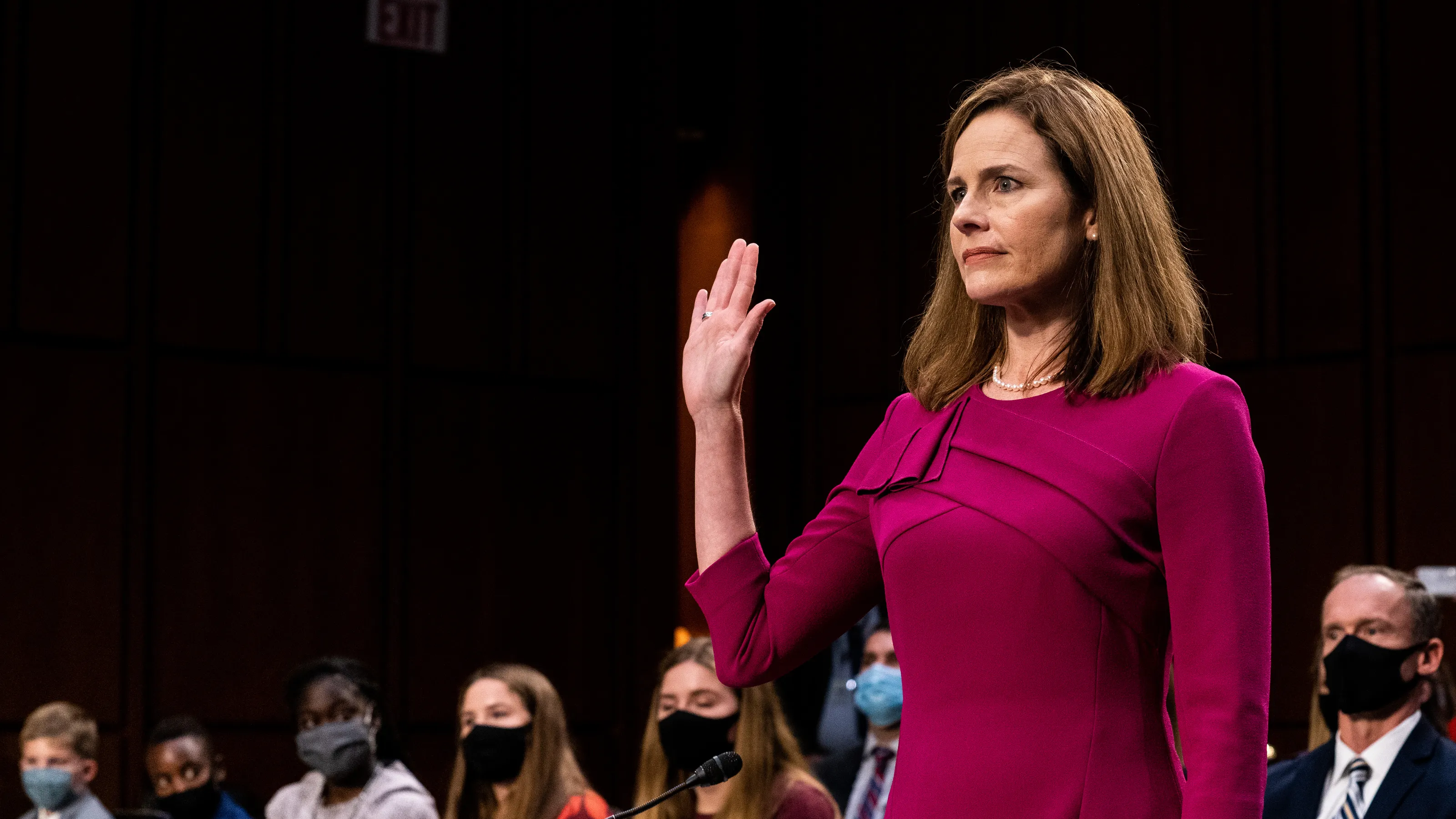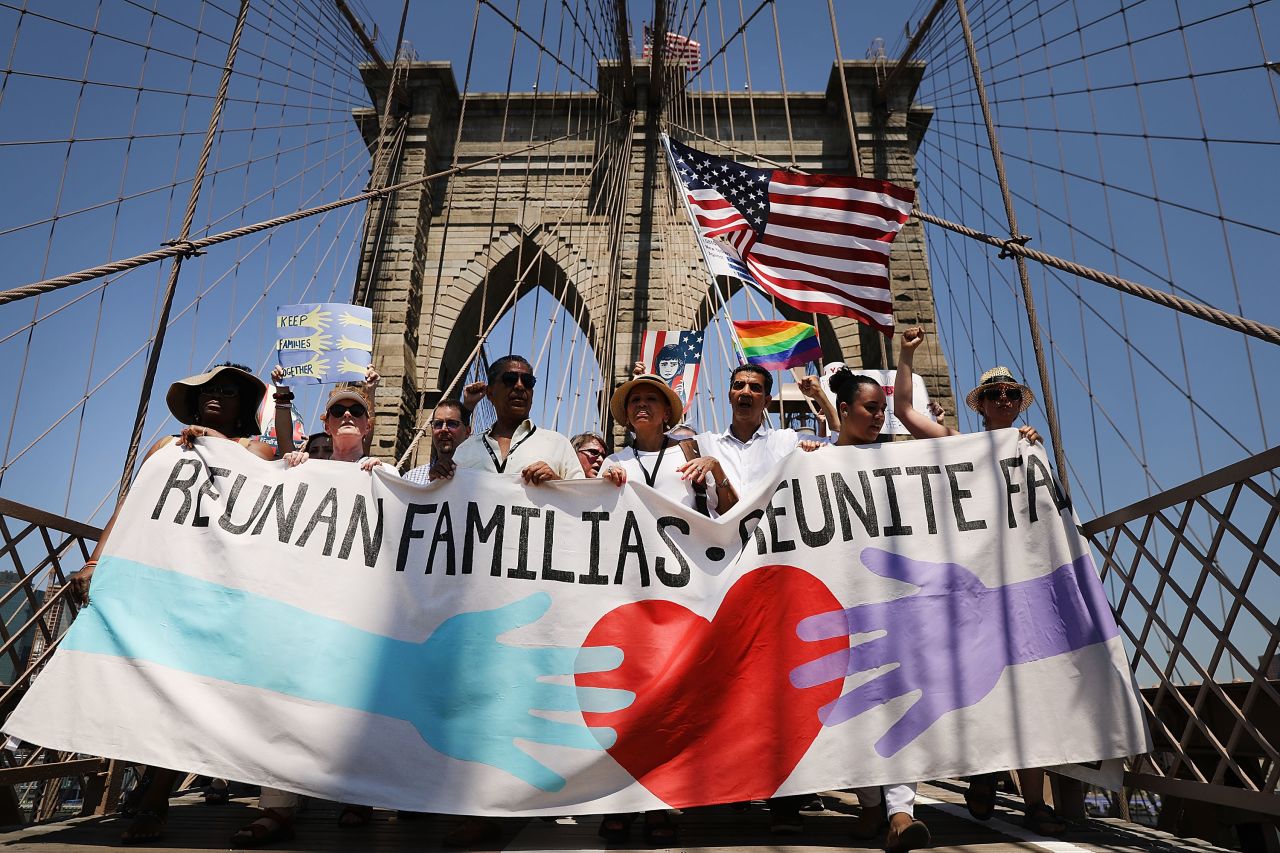The recent Supreme Court decision regarding birthright citizenship marks a significant turning point in American immigration policy, one that has profound implications for the future of human rights in this country.
Barrett"s Opinion Signals Shift in Judicial Landscape
Justice Amy Coney Barrett, nominated by former President Donald Trump, has now emerged as a pivotal figure in the court"s conservative majority. Her latest ruling has not only affirmed Trump"s stance on immigration but also sets a dangerous precedent for lower courts. This ruling prioritizes executive power over established legal protections, fundamentally undermining the principles of equity and justice that should govern our legal framework.
Impact on Immigrant Communities
For many immigrant families, birthright citizenship is more than a legal concept; it represents a lifeline. The ruling complicates the pathways to citizenship for children born in the United States to immigrant parents, striking a blow to the very foundation of the Fourteenth Amendment, which guarantees citizenship to all born on American soil. This ruling is particularly alarming as it targets vulnerable populations and further marginalizes those already living in fear of deportation.

Supreme Court Justice Amy Coney Barrett writes first opinion
Legal Precedents at Stake
Barrett"s opinion disregards the historical context of the Fourteenth Amendment, as noted by experts in immigration law. As reported by Harvard Law School, the citizenship clause was designed to protect against the very kind of exclusionary practices that this ruling endorses. The decision not only erodes the rights of individuals but also sets a troubling precedent for future cases that could further limit judicial recourse for immigrant communities.
Political Ramifications for the Future
Trump"s reaction to Barrett"s ruling highlights the political implications of this decision. As he praised her for the "brilliantly written" opinion, it is clear that her alignment with his agenda has the potential to shape the judicial landscape for years to come. This ruling empowers the executive branch at the expense of the judiciary, raising concerns about the checks and balances that are meant to protect against governmental overreach.

12-year-old gives powerful speech
Calls to Action for Progressive Advocacy
The implications of this decision extend beyond the courtroom. Activists and advocates must mobilize to challenge these rulings and protect the rights of immigrants. We must advocate for legislation that preserves birthright citizenship and ensures that all individuals, regardless of their background, have access to the rights and freedoms guaranteed by our Constitution. As history has shown, we cannot afford to be complacent in the face of such assaults on human rights.



![[Video] Gunfire between Iraqi security forces and Sadr militias in Baghdad](/_next/image?url=%2Fapi%2Fimage%2Fthumbnails%2Fthumbnail-1768343508874-4redb-thumbnail.jpg&w=3840&q=75)
